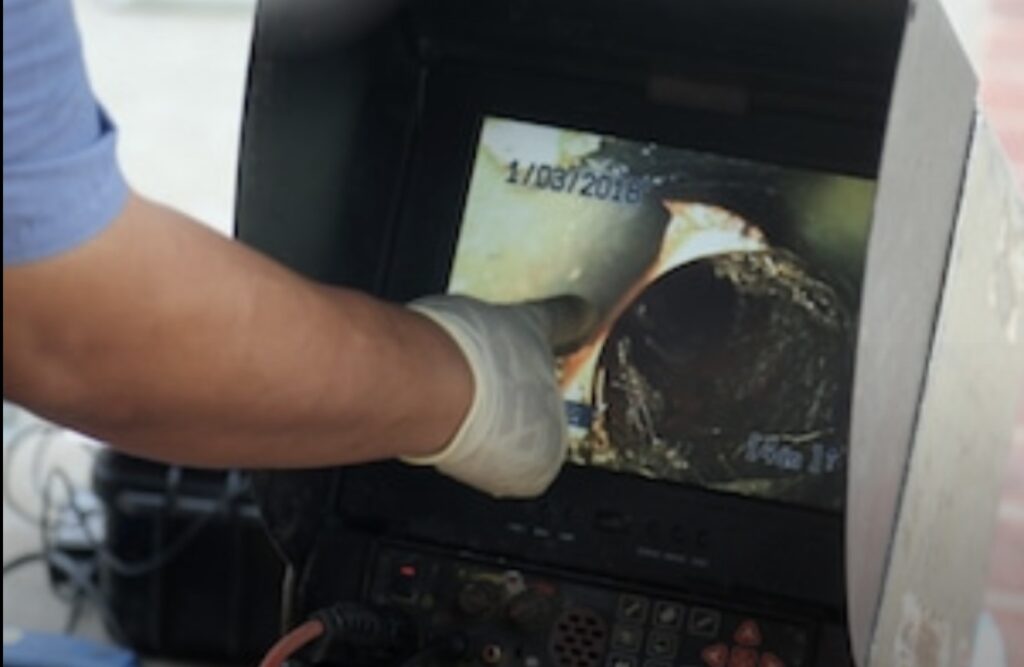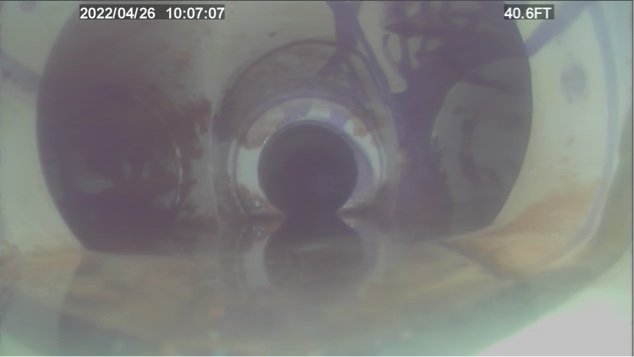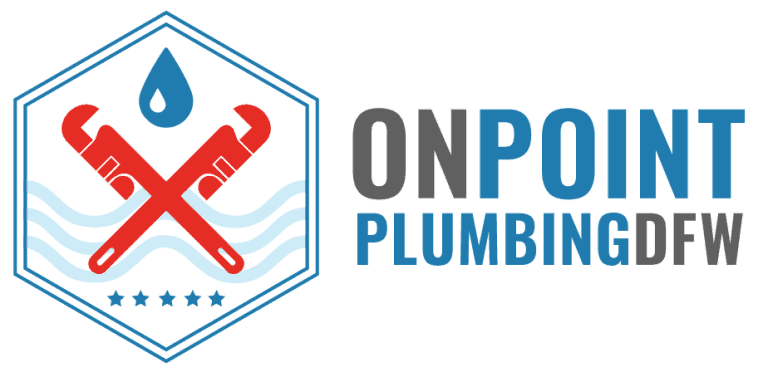
Regular sewer line inspection is one of the most important yet often overlooked aspects of home maintenance. Hidden from plain sight, sewer lines play a crucial role in keeping your home running smoothly. However, with daily use and natural wear, these lines can develop issues that, if not addressed early, may lead to costly repairs or replacements. So, how often should homeowners schedule this essential sewer line inspection? In this guide, we’ll share expert advice on when and why inspections are important, ensuring you know how to maintain this critical part of your home for the long term.
Why Is Sewer Line Inspection Necessary?
Are you wondering if a sewer line inspection is needed? The answer is a resounding yes. Regular checks help identify issues such as blockages, tree root intrusions, and potential leaks before they become severe. An unchecked problem in your sewer line could lead to severe damage, including wastewater backups and structural issues in your home. Early detection helps save money and avoids the hassle and potential health risks of sewage overflows.
Factors That Influence How Often to Inspect
- Age of the Property: If your home is older, you’ll likely need more frequent sewer line inspections. Older pipes made of materials like clay or cast iron are more susceptible to deterioration and root intrusion.
- Surrounding Trees: Properties with large trees nearby are at higher risk of root intrusion. Tree roots naturally seek out moisture and can infiltrate sewer lines, causing blockages and even pipe ruptures.
- Frequency of Clogs or Slow Drains: Experiencing slow drains or frequent clogs could indicate a more serious underlying issue. A home inspection sewer line check can help diagnose these hidden problems.
Expert Recommendations: Scheduling Your Sewer Line Inspection
As a general rule, experts recommend scheduling a sewer line inspection every 18-24 months. However, depending on your home’s specific conditions, this interval may vary:
- Every 1-2 Years: Homes over 20 years old or have a history of plumbing issues should stick to an annual or biennial inspection schedule. This is crucial for catching any signs of age-related deterioration or buildup.
- Every 2-3 Years: For newer homes with a minimal history of plumbing problems, scheduling inspections every 2-3 years may suffice. Still, be aware of signs such as slow drainage or gurgling sounds, as they could mean it’s time for an early check-up.
- After Major Renovations: A post-renovation sewer line inspection is wise if you’ve recently completed significant renovations involving your plumbing system. This can identify any accidental damage that occurred during the work.
Signs You Need an Inspection Sooner
Even with a set inspection schedule, there are times when an earlier sewer line inspection is warranted. Look out for these red flags:
- Persistent Odors: A foul smell from your drains or yard may indicate a compromised sewer line.
- Slow Drains: If plungers and drain cleaners don’t fix slow drains, the issue could be more profound in your system.
- Backups: Repeated backups in toilets or sinks may indicate a blockage in the main sewer line.
- Soggy Spots in the Yard: Unexplained wet areas or lush grass patches could indicate that your sewer line is leaking.
The Benefits of Regular Sewer Line Inspections
Ensuring routine home inspection sewer line checks offers several advantages:
- Prevention of Costly Repairs: Early identification of issues means you can take action before they require major repairs.
- Peace of Mind: Knowing that your sewer line is in good condition allows you to focus on other aspects of home maintenance without worry.
- Improved Home Value: A well-maintained plumbing system can be a selling point if you decide to sell your home.

Inspection Methods: What to Expect
The most common type of sewer line inspection involves using a camera. A small, flexible camera attached to a cable is fed through your plumbing system, allowing professionals to see the inside of your sewer line and diagnose potential issues.
How to Prepare for an Inspection
Before your scheduled sewer line inspection, transparent access to sewer cleanouts or main plumbing lines. This makes the process faster and more efficient for the professionals.
Keep Your Sewer Lines in Check
Routine sewer line inspections are not just good practice; they are essential for the longevity of your home’s plumbing system. While it may seem like an added expense, these inspections can save you thousands of dollars by preventing severe damage. Our team at On Point Plumbing DFW is here to help. Our expertise makes it easy for you to maintain a healthy, functioning sewer line. Schedule your inspection today and enjoy peace of mind knowing your home is in expert hands.
